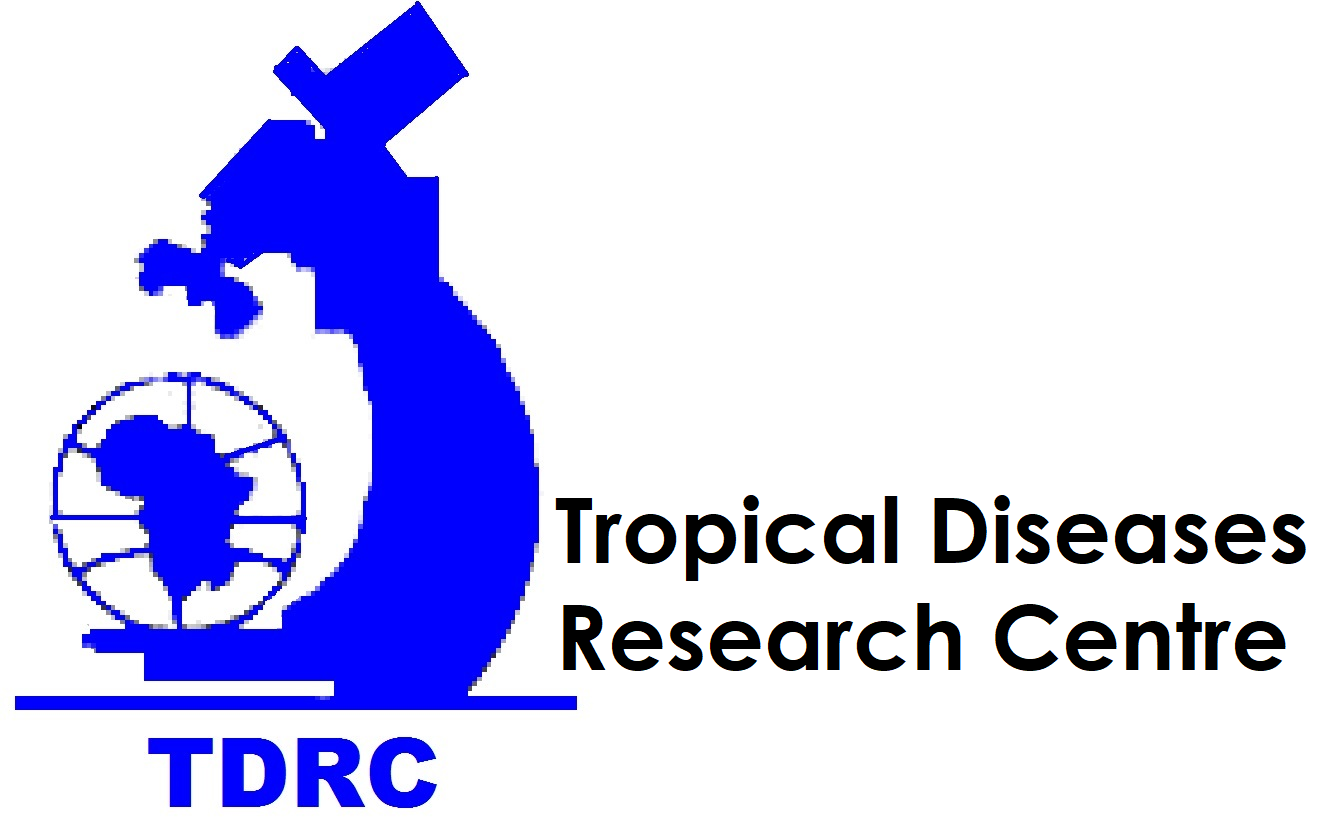TDRC is a medical research and training institution set up in 1975 by WHO/TDR under resolution number WHO 27.52 of the World Health Assembly, as one of three World Regional Centres for research in tropical diseases such as malaria, schistosomiasis, trypanosomiasis, filariasis etc. The other two were set up in Thailand and Brazil.
The setting up of tropical diseases research centres in developing countries became imperative for various especial reasons. Firstly, despite the continued affliction of the indigenous people by the so called tropical diseases, research on these diseases was being done in institutions in Europe mainly to serve the interests of foreign missionaries, miners, sailors, soldiers and others. Secondly, the research was done to prevent such diseases from spreading to Europe and other protected zones. Much of the research on medicines for malaria, for example, was done to serve military personnel sent to conflict zones in tropical countries. For example, chloroquine which became a famous malaria medicine at one time was discovered by the Germans as they prepared to fight battles of the world wars in Africa and other tropical countries in Asia. Following the world wars, research on medicines for tropical diseases was stepped up to serve the foreign military personnel in conflict areas such as Vietnam.
Although some benefits from the research done in developed countries would trickle down to indigenous people in tropical countries, it was considered inadequate to answer specific research questions to formulate interventions to mitigate the suffering of indigenous people. Tropical diseases such as malaria continued to exact a high morbidity and death toll among indigenous people; therefore, there was a compelling need for research to be done closer to the affected population and inform development of appropriate interventions for those populations.
The need to establish research centres in the developing countries was promulgated by the WHO following a World Health Assembly resolution 27.52.of 1975. This resolution was passed to establish three regional centres for research and training on tropical diseases in three different geographical regions of the developing world. Countries with flourishing and stable governments were requested to host the centres. It was in that regard that countries namely Brazil, Thailand and Zambia were selected. Zambia then being a young developing nation had acknowledged the importance of research in national development, and the need to train Zambians in research, thus embraced the opportunity of hosting one of the research centres. Therefore, the government volunteered to offer space at Ndola Central Hospital to accommodate a WHO research Centre to benefit the region as well as the country. The WHO, UNDP, UNICEF and The World Bank became the main sponsors of the research programmes in TDRC and continued to support the centre through what was known as the WHO, UNDP, UNICEF and The World Bank Special Programme for Research and Training (simply known as TDR), until it was handed over to the Zambian government and became a statutory board under the MOH in 1981. Thus, the TDRC was named after the WHO special programme (TDR) that supported TDRC at its inception.
